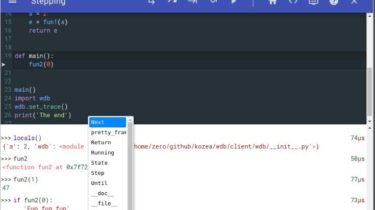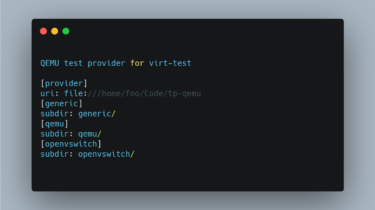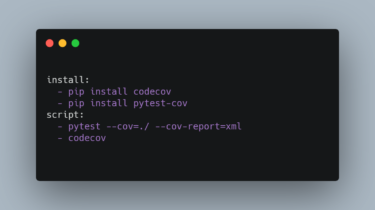A REST testing and API microbenchmarking tool
A REST testing and API microbenchmarking tool Tests are defined in basic YAML or JSON config files, no code needed Minimal dependencies (pycurl, pyyaml, optionally future), making it easy to deploy on-server for smoketests/healthchecks Supports generate/extract/validate mechanisms to create full test scenarios Returns exit codes on failure, to slot into automated configuration management/orchestration tools (also supplies parseable logs) Logic is written and extensible in Python NEW: Full Python 3 Support in Alpha – download it, ‘pip install future’ and give […]
Read more








